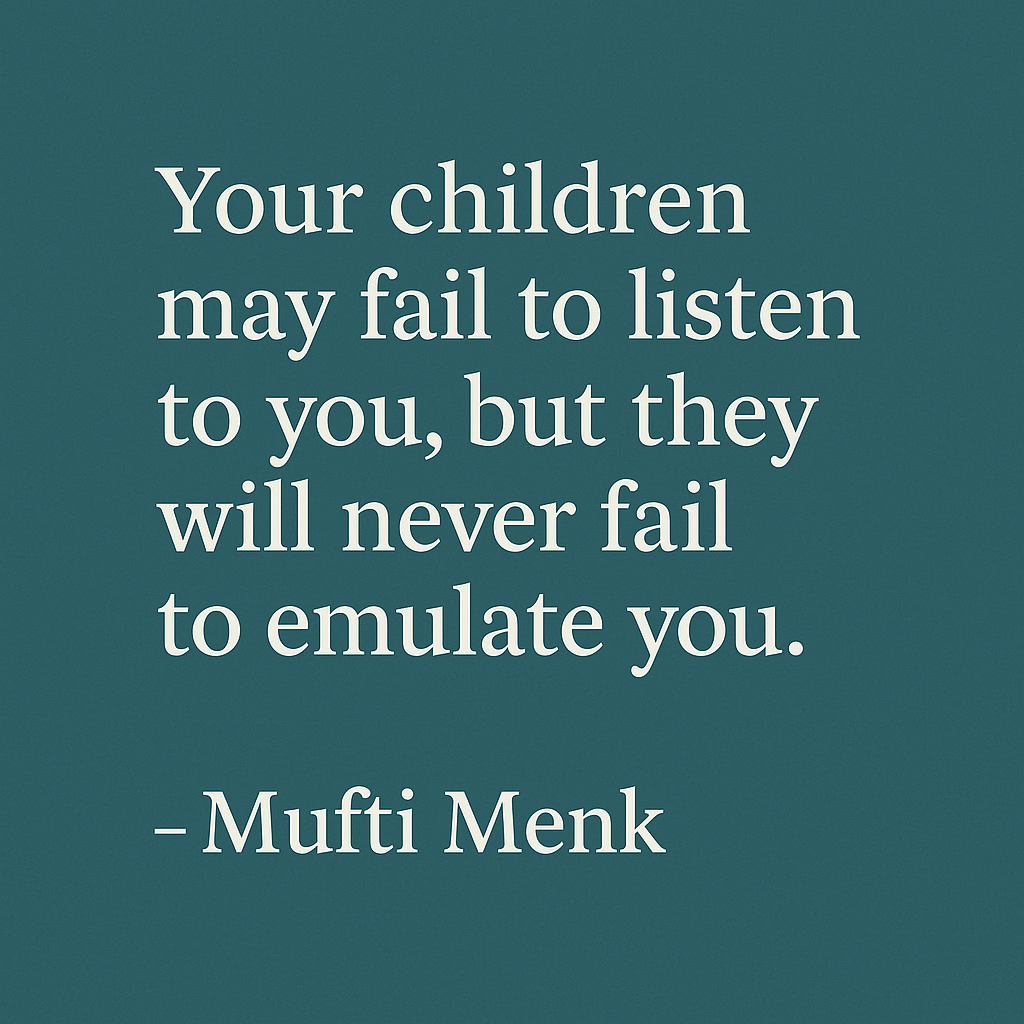Parental Influence in Children Quranic Education: Building a Faithful Future
Why Parental Influence Matters in Quranic Learning
Search any successful Islamic household, and you’ll often find one consistent factor — active parental involvement. The home is the child’s first school, and parents are their first role models. Children absorb not only what they are told but more importantly, what they observe.
When a child sees their parents reciting the Quran, attending classes, praying on time, and speaking with kindness, these behaviors become part of the child’s world. Islam emphasizes the importance of Tarbiya (upbringing), and nothing sets the foundation better than witnessing Islamic teachings in action at home.
1. Leading by Example: Practice Before You Preach
One of the most effective ways to teach children the Quran is through personal example. When parents dedicate time to read and understand the Quran, children naturally become curious. Your own enthusiasm and consistency in recitation can become contagious.
“Your children may fail to listen to you, but they will never fail to emulate you.” – Mufti Menk
By making the Quran a regular part of your life, you quietly instill in your child a sense of reverence for it. Keep a Mushaf (physical Quran) visible in the house. Play melodious recitations during peaceful times. Let your children see that the Quran brings you comfort — they will follow suit.
2. Creating a Quranic Atmosphere at Home
A Quran-centered environment doesn’t require large-scale changes. It begins with small, consistent efforts:
Allocate a corner for Quran recitation or prayer
Schedule family Quran reading sessions, even for 10 minutes
Use Islamic wall art with Quranic quotes and duas
Reward children for memorizing even small surahs or duas
Celebrate their achievements in learning the Quran
Such actions reinforce that Quranic learning is not limited to madrasas or online classes — it’s a lifestyle that starts at home.
3. Teaching with Love, Not Force
Children should associate the Quran with love, not fear. Unfortunately, in some households, harshness is used in the name of discipline, which can make children resent Quran lessons. Instead, build emotional connections.
Tell them stories of the Prophets from the Quran. Help them understand the meaning behind the verses. Make it interactive — let them ask questions, reflect on meanings, and relate Quranic lessons to their daily experiences.
A loving teaching environment ensures that a child develops not only knowledge but affection for the Book of Allah.

4. Use of Modern Tools: Make Quran Learning Engaging
The digital age has given Muslim parents a wealth of tools. From Quran apps with gamified learning to engaging YouTube videos with tafsir for kids, it’s never been easier to make learning fun.
Tools that enhance Quranic learning at home:
Noorani Qaida apps for pronunciation
YouTube channels for kids (e.g., One4Kids, Quran for Kids)
Printable activity books with Quranic stories
Online Quran academies with certified tutors
Alif Quran Academy, for example, offers tailored online Quran classes for kids in the UK and beyond — designed with interactive tools and experienced teachers who focus on love-based Islamic learning.
5. Encourage Questions and Reflections
When your child asks, “Why do we fast?” or “Why do we pray five times?” — don’t shut them down. Encourage these questions as signs of growing interest. Use the Quran to explain answers in a way they understand.
Take time to discuss:
Verses about honesty, patience, or kindness
How the Quran teaches respect for parents and elders
Lessons from stories of the Prophets
These conversations shape not just their memory, but their morality.
6. Consistency Over Perfection
Many parents worry, “I don’t know tajweed,” or “I’m not a scholar, how can I teach my child?” — but what matters most is effort and consistency.
Your role is not to be perfect but to be present.
Start small:
A verse a day
Memorize together
Discuss meanings every weekend
Listen to recitations while driving or before bed
Progress in Quranic learning is better measured over years than days. Small habits, repeated often, create lifelong love.
7. Du’a: The Heart of Parenting
No parenting effort is complete without du’a. Ask Allah to guide your children, bless your efforts, and increase them in knowledge and love for the Quran. The Prophet Muhammad ﷺ often made du’a for his Ummah — and as parents, we are commanded to follow his example.
Some powerful du’as to make for your child:
رَبِّ هَبْ لِي مِنَ الصَّالِحِينَ — “My Lord, grant me from among the righteous.” (Surah As-Saffat 100)
وَاجْعَلْنَا لِلْمُتَّقِينَ إِمَامًا — “And make us leaders for the righteous.” (Surah Al-Furqan 74)
Final Thoughts:
Raising a child with love for the Quran is a long journey — one that begins with you. Your attitude toward the Quran, your consistency, your engagement, and your prayers all build the foundation for your child’s Islamic future.
Let your home be a place where the Quran is not just heard, but lived. Where children see not only what to learn but why to love it.
Whether you’re a seasoned parent or just starting out, remember: you don’t have to be a scholar to raise a child of Imaan — you just need to be sincere, consistent, and loving in your approach.



